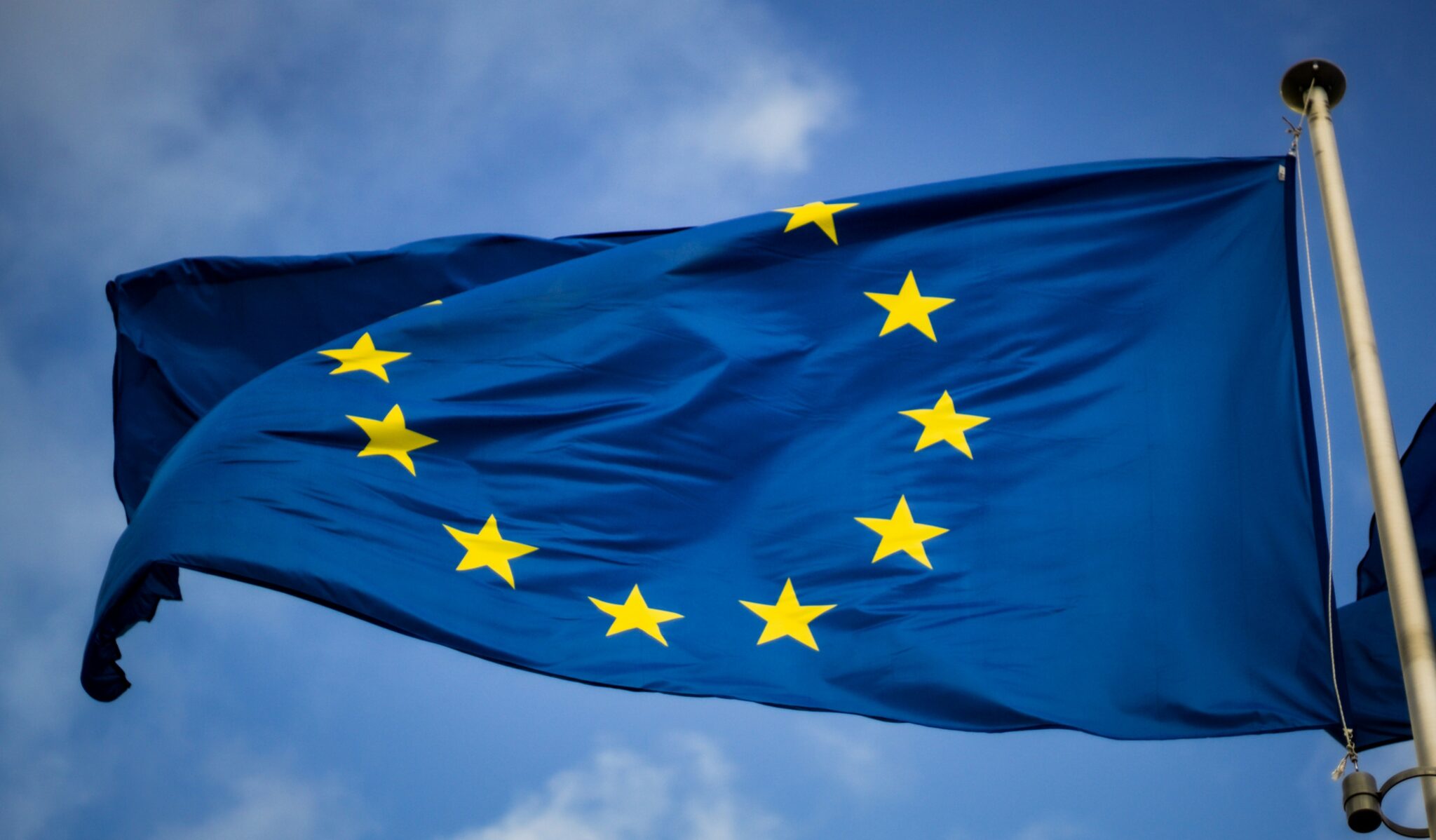The European Union’s Artificial Intelligence Act, hailed as the world’s first comprehensive AI regulation is now in motion, progressively reshaping how AI is developed, deployed, and used across Europe and beyond. Designed to establish a uniform legal framework for AI across the 27 EU member states, the EU AI Act applies to both European and foreign companies, impacting developers and users of AI technologies alike.
Why It Matters
The core aim of the EU AI Act is to promote “human-centric and trustworthy AI,” while safeguarding health, safety, human rights, democracy, and environmental sustainability. It introduces a risk-based classification system to manage AI’s impact: banning unacceptable risks, tightly regulating high-risk applications, and imposing lighter rules on limited-risk use cases.
Related: U.S. Government Approves OpenAI, Google, and Anthropic for Federal AI Contracts
Current Status
Though the Act officially began its rollout on August 1, 2024, its implementation is staggered. The first compliance deadline hit on February 2, 2025, targeting prohibited practices like untargeted scraping of biometric data. As of August 2, 2025, it now applies to general-purpose AI (GPAI) models with systemic risk, including those from major players like Google, OpenAI, and Meta. These companies have until August 2, 2027, to fully comply.
Enforcement and Penalties
The EU AI Act carries heavy fines: up to €35 million or 7% of global annual revenue for severe violations. GPAI providers can also face penalties of up to €15 million or 3% of annual revenue. The law’s high stakes are meant to deter misuse while encouraging responsible AI innovation.
Industry Reactions
The Act has triggered mixed reactions from tech giants. Meta declined to sign the EU’s voluntary GPAI code of practice, citing legal uncertainty and regulatory overreach. Google, while also voicing concern, chose to sign the code. Meanwhile, European AI leaders like Mistral AI are lobbying for more time to adapt, fearing the Act could hinder competitiveness and innovation in the region.
Despite pushback, the EU is holding firm. It has rejected calls to delay the rollout and remains committed to its compliance timeline, with most provisions expected to apply by mid-2026.







